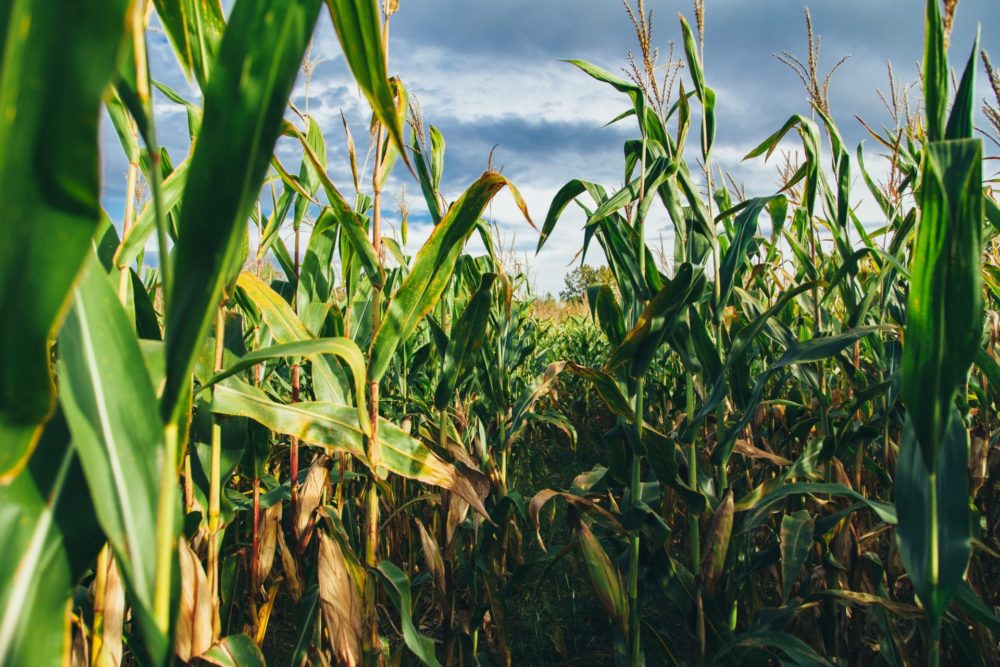Although an increasing number of food system stakeholders are touting the benefits of putting soil first, it has to make dollars and sense to farmers before they’ll be willing to overhaul their current practices. Last year, the Soil Health Institute (SHI) and Cargill announced they would carry out research to better understand the business case for adopting soil health practices on farms.
SHI recently released the initial results of that research. Based on data collection and in-depth interviews with 100 farms across nine US states, SHI concluded that adopting soil health practices led to a net income increase for 85% of farmers growing corn and 88% of those growing soybeans.
Farmers using soil health practices also cut down on their average costs per acre, dropping $24 per acre for corn and $17 per acre for soy.
But most importantly, soil-focussed farmers boosted their net income by an average of $52 and $45 per acre for corn and soybeans, respectively.
SHI also noted a key non-economic benefit: adoption of soil health practices improved crop resilience to extreme weather for 97% of the farms that participated in its survey. And hardier crops lead to more profits in farmers’ pockets, of course.
SHI sought ought farmers who had been using soil health practices for a minimum of five years, but the average farmer reported using them for 15 to 20 years.
“These are very significant results and we feel like we have a really good understanding of how the long-term adoption of soil systems benefit farmers’ economic situations,” SHI president and CEO Wayne Honeycutt told AFN.
The study identified a number of soil health practices including tillage practices, nutrient management, pest management, and yield changes.
Following an in-depth interview with each farmer, SHI’s agricultural economist Archie Flanders evaluated the on-farm economics using partial budget analysis. In this approach, the costs and benefits of a soil health system are compared before and after the adoption of those practices.
Armed with its farmer-focussed research, SHI plans to produce factsheets and conduct webinars across the US to help farmers understand more about the economic case for prioritizing soil health. The webinars are running now through mid-May.
Supporting soil health adoption
The ongoing discussion around soil health is raising awareness about the importance of changing some conventional approaches to farming – but adoption by farmers is where the rubber meets the road.
A number of outlets are trying to find ways to address the barriers that farmers face when it comes to adopting soil health practices. These barriers include cost associated with purchasing cover crop mixes and new equipment, economic implications of changing over some of their acreage, lack of access to technical support for their geographic area, and the cultural stigma they may face from more conventionally-minded peers.
SHI’s survey may help to convince some farmers who are on the fence, allowing them to feel less risk-averse about adopting soil health practices. The fact that SHI worked with farmers who were willing to also open their books also helps add some peace of mind.
Another recent report from US Farmers & Ranchers in Action analyzes the current state of soil health tech adoption on US farms, while also pinpointing new sources of capital that could be used to improve the situation.
It found that farmers are struggling to adopt novel practices due to a lack of standardized data collection and a lack of efficient rural internet connectivity, among other things. This is where investors have a key role to play, according to David LeZaks, senior fellow at Croatan Institute.
“We are looking at operating loans, land loans, and different financing mechanisms that are currently used within agriculture to support the way it works, and looking at how we can structure them differently to more gracefully allow farmers and ranchers to transition to climate-smart agriculture,” LeZaks told AFN.
A few players are already stepping up to the plate. The Nature Conservancy made its first-ever direct startup investments earlier this year as part of a commitment to support climate-smart farming. It backed five startups tackling the problem of soil health.





